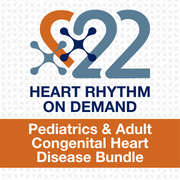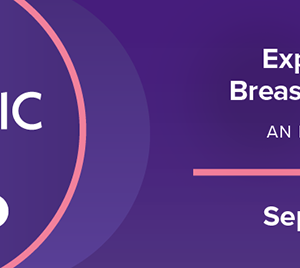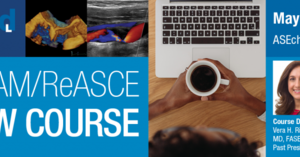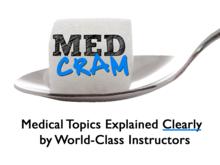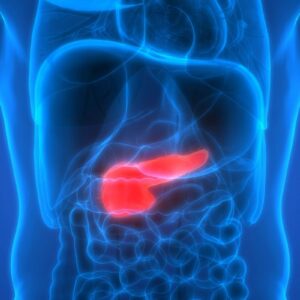A curated bundle of Pediatrics & Adult Congenital Heart Disease sessions presented at Heart Rhythm 2022. The education is presented in various learning formats, including Case-Based, Case-Based: Complicated Case, Debate, Core Curriculum, Abstracts, and more.
Content Overview
The Pediatrics & Adult Congenital Heart Disease category contains the following sessions from Heart Rhythm 2022:
- A Step by Step Approach to Ablating Challenging Arrhythmias (PE-379)
- Advances in Adult Congenital Heart Disease (PE-565)
- AI in Pediatric and Congenital EP (JS-414)
- Avoiding Temptation (PE-371)
- Challenging Dilemmas in Pediatric EP (PE-367)
- Challenging Management Decisions (PE-499)
- Clinical Conundrums in EP Clinic (PE-500)
- Complex Ablation in Congenital Heart Disease (PE-387)
- Debate: A CRT Device Should Be Implanted After Every Case of Surgical Complete Heart Block (PE-390)
- Debate: VT Debate in ACHD (PE-373)
- EP Presbyopia: Challenges That are Right in Front of Us (PE-375)
- Fundamentals of Repolarization in Children (PE-381)
- If You Want to Go Far, Go Together (PE-383)
- Incorporating Incidental Data into Clinical Management (PE-388)
- It’s Our World and We Have to Run it (PE-502)
- Master Class: Pediatric Electrophysiology (PE-384)
- My Nightmare Case – What Would I Have Done Differently? (PE-389)
- New and Old Questions in Adult Congenital Heart Disease (PE-382)
- Pediatric Electrophysiology (PE-568)
- Pediatric EP Challenges in the Next 5-10 Years: Workforce, Training, Resources (PE-376)
- Research Makes My Practice Better (and Practice Makes Research Better) (JS-457)
- Therapies Headed to Pediatrics (PE-501)
Learning Objectives
After watching a reasonable amount of Pediatrics & Adult Congenital Heart Disease (Heart Rhythm 2022), the learner should be able to:
- Identify and analyze the latest scientific advances and innovations in the field of heart rhythm disorders.
- Select appropriate, evidence-directed pharmacological and non-pharmacological therapies to achieve optimal outcomes for patients with heart rhythm disorders.
- Recognize alternative perspectives regarding areas of controversy for which scientific evidence is insufficient, controversial, inconclusive, or confusing.
- Utilize quality improvement measures, methods, and tools to foster systems-based improvements in heart rhythm care, outcome, and value.
- Analyze and improve processes related to inter-professional teams, care coordination, patient engagement, and communication to optimize the delivery of patient- and family-centered care.
- Assess the impact of regulatory and institutional policies, and societal and cultural norms, on safety, timeliness, equity (including diversity and inclusion), effectiveness, efficiency, patient-centered care, and value.
- Utilize improved communication methods to engage with patients and caregivers for increased shared decision-making in the treatment of heart rhythm disorders
- Evaluate the latest technology available for both professionals and consumers in the field of heart rhythm disorders.
- Recognize disparities in health care and describe strategies to reduce these disparities in patient care.
- Utilize shared decision-making resources in discussing monitoring and treatment of patients with heart rhythm disorders.
- Describe the latest cardiac device advisories and/or recalls and explain how to share this information with patients and caregivers.
- Explain the current and future trends in digital health that will impact the treatment of heart rhythm disorders.
- Describe best practices for managing a device clinic, an AF center, and/or a multidisciplinary electrophysiology practice.
Learning objectives specific to the session are listed at the individual session within Pediatrics & Adult Congenital Heart Disease (Heart Rhythm 2022).
Target Audience
This activity is designed for all professionals who participate in the care and management of heart rhythm disorders.
Course List:
learningActivityCatalog_SideBySideDetails_ucLearningActivity_summaryDisplay_pnlBundledOrChildLearningActivityList”>Abstract
Case-Based
Case-Based: Complicated Case
Core Curriculum
Course
Debate
Joint Session
Lunch and Learn
Master Class

